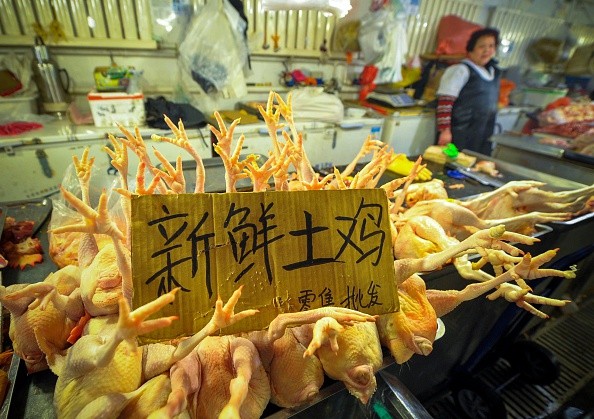Authorities have confirmed cases of the human bird flu or H7N9 occurring in Zhongshan, Guangdong, in China on Wednesday, Jan. 4. Both of the afflicted patients had been under critical condition having been exposed to the virus at the live bird markets.
State media just reported that a fourth person already died on Thursday. He was diagnosed and died on the same day.
It is winter in China and this is the high season for strains of zoonotic flu to pass from animal to human. H7N9 already made its presence felt in Anhui, Fujian and Shanghai, with two people from Anhui succumbing to the virus in December.
The World Health Organization announced the possibility of isolated cases happening not only in China.
"The information to date does not support sustained human-to-human transmission, although limited human-to-human transmission cannot be excluded," the WHO said. They also are "not (currently) advising any travel or even trade restrictions."
The great threat of this virus is it mutates and thus may pose difficulty getting eradicated.
China had been monitoring and controlling its poultry supply as far back as October. Reuters also reported China is having some poultry markets closed.
H7N9 made the headlines in China in the spring of 2013. An H7N9 outbreak followed in 2013 which resulted in 36 deaths within two months.
Bird flu can be transmitted when this virus gets inhaled or when it gets into our mouth or eyes. Authorities are reminding the public on practicing proper hygiene while handling poultry for consumption.
He Xiong of the Beijing Center for Disease Control and Prevention is seeing no epidemic happening.
Likewise, Mao Qun'an, of the National Health and Family Planning Commission, assured that China is "prepared to contain outbreaks."



























